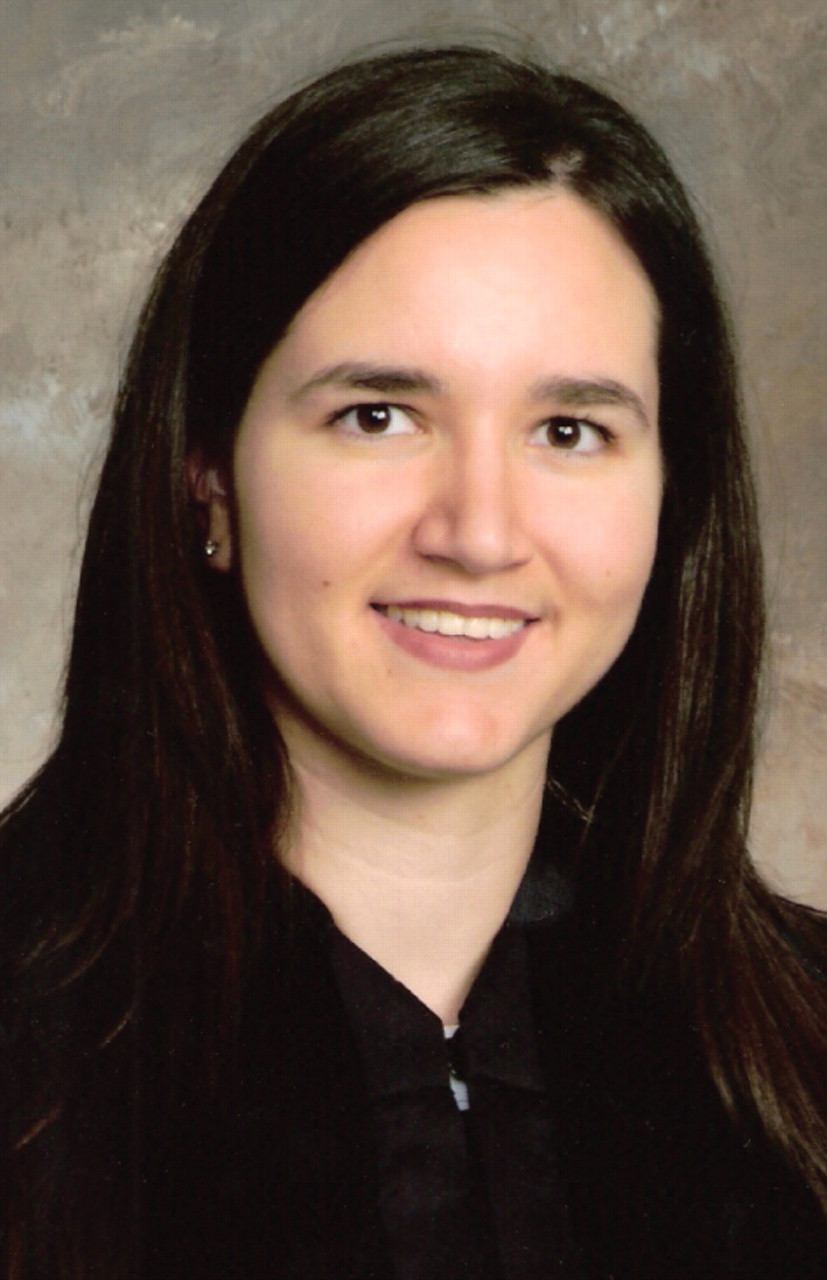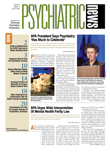Hello colleagues. Remember me? You elected me in 2008 to be your representative to the APA Board of Trustees. I have spent the last year as your member-in-training trustee-elect and in May became your member-in-training trustee. That means I now get to vote at APA Board meetings, where I had previously been able to discuss resident viewpoints as a nonvoting Board member.
So many important issues were discussed in the last year that I admit at times it was hard to keep up. In the coming year, I will do my best to use this forum to keep you informed of APA actions as they affect residents and fellows. I want to use this introductory column to update you on the numerous issues and changes that are sweeping through APA and how they affect resident and fellow involvement.
The APA Board was faced with multiple challenges during its 2008-2009 term. One of the biggest was dealing with a shrinking budget; this decrease was the result of multiple forces coalescing at the same inopportune time. These include revenue losses from the recession, which greatly affected our investments, and declining revenue from pharmaceutical advertising. Another contributor to the sharp revenue shortfall is decreased income from industry-supported symposia at annual meetings, which the Board voted to phase out so the line between marketing and education would be clear.
APA responded to the revenue reduction by cutting staff and taking other measures to reduce expenses. Board members decided not to dip into APA's reserve funds for this fiscal year.
In March the Board voted to implement a restructuring process to make the organization more efficient and less cumbersome to navigate. This meant that as of the close of last month's annual meeting, about 60 of APA's 90 or so committees, councils, and task forces were sunsetted. As APA President Nada Stotland, M.D., explained, dozens of standing committees were not the best way to structure a complex organization such as APA, and its “future success as an organization requires us to adapt to changing fiscal and market realities.”
So how has this reorganization affected resident and fellow involvement? The biggest change has been the elimination of the Committee of Residents and Fellows. The Board approved the creation of an interim resident work group, whose charge is to draft a new permanent resident structure for implementation by May 2010. APA has also decreased the number of its councils from 14 to nine, but 60 to 65 residents and fellows will continue to be appointed to the councils, meaning that there will be a larger resident voice in most councils.
Another key change doubled the number of residents who have a vote on the Board from one to two, since the Board voted to give a vote to the member-in-training trustee-elect, thus increasing residents' voice on APA's policymaking body.
Throughout the angst that accompanies major change, it has been evident to me that APA is committed to continuing the tradition of resident and fellow involvement in its governance. I am proud to be a part of this evolutionary process, as I believe that I am truly helping to make a lasting difference for my fellow residents and our professional association.
I hope this has been enlightening, and I will continue to keep you informed. In talking to some of my colleagues, it seems that what happens in APA is somewhat of a mystery to residents and fellows. I think there are many reasons for this, not the least of which is the frequently grueling and confusing life of a resident—we are not quite student or master of our field, but a little of both. On especially rigorous days I sometimes find myself envious of my friends who entered their work field straight out of college; most of them are enjoying success, seemingly without a care in the world (I am aware that this is a cognitive distortion). They do not have to study for PRITE or, worse, the boards (the current bane of my existence!).
Yes, I admit that at times I question why I chose the path I did. Is that wrong? I sometimes feel like such a revelation is taboo, sacrilege even, and indicates disloyalty to my profession. I maintain, however, that this type of soul searching has been beneficial for me. Inevitably, I return to where my journey began—to that place in my heart that is only happy when I am with my patients, to that part of my soul that is nourished only by the satisfaction of having successfully treated a patient. Yes, I am so thankful that I am a part of this complex profession, this science, this art named psychiatry. I hope you are too. ▪

